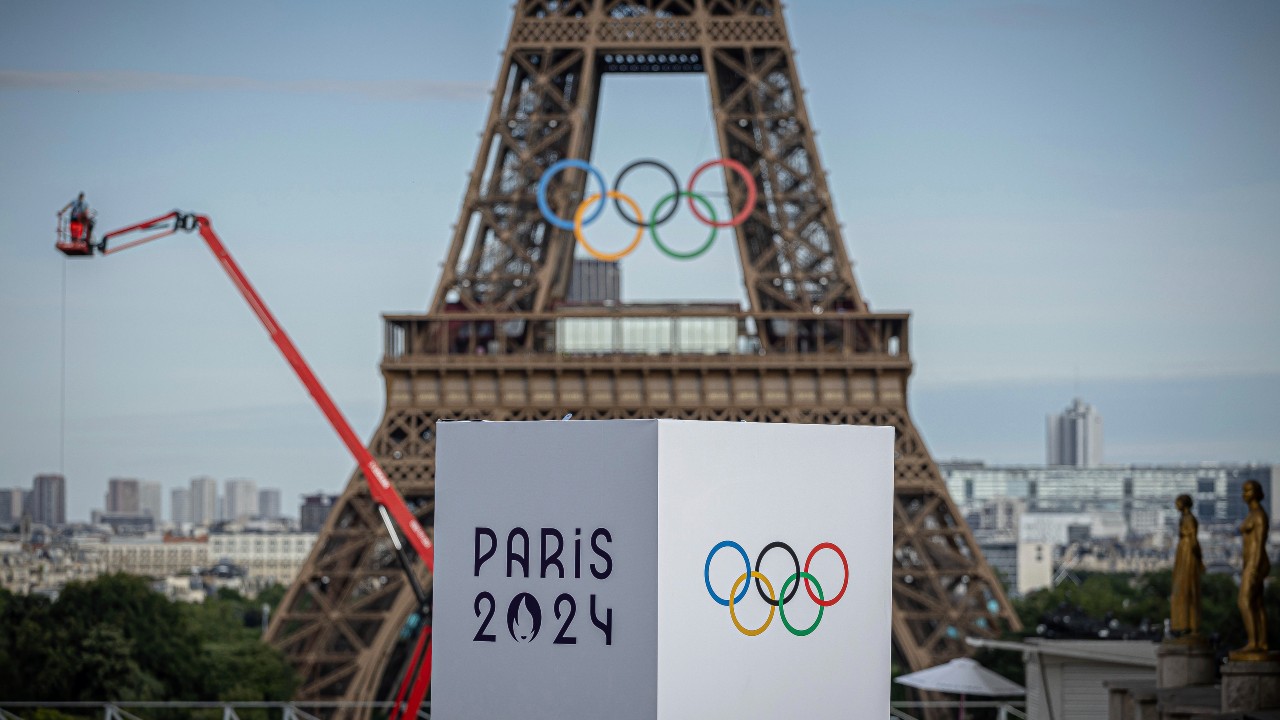
American triathlete Seth Rider has developed quite the strategy to get ready to swim in the polluted River Seine at the Paris Olympics.
“It’s a proven method. Backed by science,” he told reporters Saturday, per USA Today‘s Kim Hjelmgaard. “It’s just little things, throughout your day. Like not washing your hands after you go to the bathroom and stuff like that.”
While that may sound gross, swimming in the Seine isn’t for the faint of heart.
The latest bacteria results, released Friday, show E. coli levels below the standard needed to go ahead with the competition.
French organizers have gone all out to get the river to an acceptable level. Several politicians have taken dips in the water in recent weeks to try to show it is safe.
But rain the past two days in Paris has not helped matters.
“We actually raced here last year in the test event,” Rider said. “I don’t think anyone got sick after that, which can’t be said about all the races we do. In preparation for this race, I knew there was going to be some E. coli exposure. So I’ve been trying to increase my E. coli threshold by exposing myself to a bit of E. coli in day-to-day life.”
Fellow American triathlete Taylor Spivey told reporters she was increasing her intake of live bacteria and yeasts that can “help us withstand any kind of sickness that comes our way.”
The men’s triathlon is scheduled for Tuesday.
If the river is deemed unsafe, the event could be delayed or become a duathlon with only biking and running.
Marathon swimming also is slated for the Seine. There is a backup location for that event.